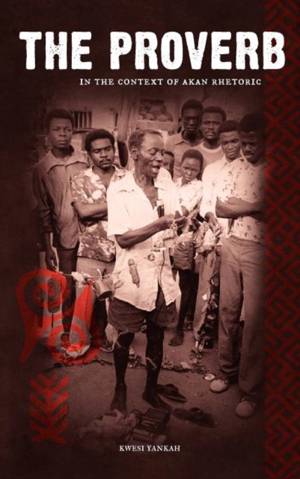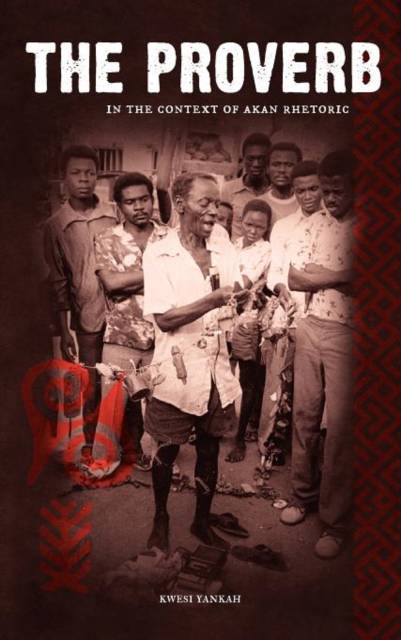
- Afhalen na 1 uur in een winkel met voorraad
- Gratis thuislevering in België vanaf € 30
- Ruim aanbod met 7 miljoen producten
- Afhalen na 1 uur in een winkel met voorraad
- Gratis thuislevering in België vanaf € 30
- Ruim aanbod met 7 miljoen producten
Zoeken
€ 26,95
+ 53 punten
Uitvoering
Omschrijving
Attracting renewed attention by a new generation of scholars, the book presents a comprehensive ethnography of proverb communication in an African culture and achieves a significant breakthrough in proverb studies. The author critically reviews the dynamics of the proverb, one verbal genre that embodies the high point of rhetoric in traditional and contemporary Africa, and explores in rich details the proverb's creative potential, authorship and effectiveness in crisis management. Yankah elevates the documentation of the African proverb beyond decontextualized compilations, and portrays the proverb as a dynamic communicative strategy in which form, meaning and logic are in constant flux. The study, which focuses on the Akan of Ghana, situates the proverb in the heart of real life discourse interactions and monitors its rhetorical efficacy on the basis of indigenous aesthetics. The book should be of value to folklorists, sociolinguists, anthropologists, literary scholars and students of African studies and communications.
Specificaties
Betrokkenen
- Auteur(s):
- Uitgeverij:
Inhoud
- Aantal bladzijden:
- 296
- Taal:
- Engels
Eigenschappen
- Productcode (EAN):
- 9780966020120
- Verschijningsdatum:
- 15/02/2012
- Uitvoering:
- Hardcover
- Formaat:
- Genaaid
- Afmetingen:
- 152 mm x 229 mm
- Gewicht:
- 603 g

Alleen bij Standaard Boekhandel
+ 53 punten op je klantenkaart van Standaard Boekhandel
Beoordelingen
We publiceren alleen reviews die voldoen aan de voorwaarden voor reviews. Bekijk onze voorwaarden voor reviews.











